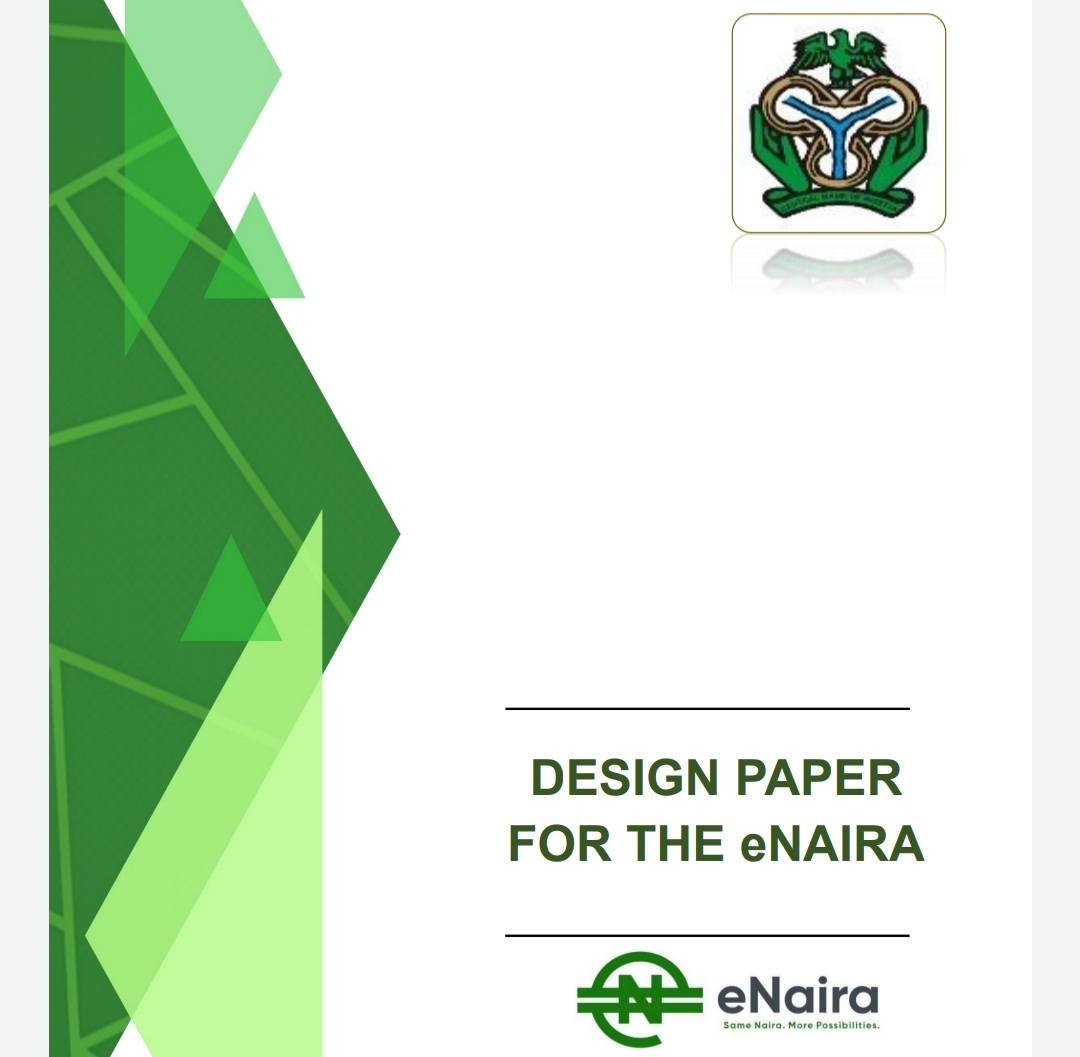On February 2021, Central Bank of Nigeria CBN released a circular to all Nigerian Banks mandating them to desists from engaging in cryptocurrency transactions.
Thank you for reading this post, don't forget to subscribe!
According to Finder, the global crypto survey research firm, globally, crypto ownership jumped from 11.2% in October 2021 to 15.5% in December 2021. This places Nigeria among countries with one of the lowest growth rates in crypto ownership between the two surveys, with ownership falling by 2.4 percentage points from 23.6% to 21.2%. The global growth average was 4.3 percentage points.
Following public out cry, which include a video address from the vice president Yemi Osibanjo expressing his dissatisfaction with the outright ban, the apex regulatory bank in Nigeria, realised another circular on the 7th of February to clarify and maintain it’s stand
“As regards our recent policy pronouncement, it is important to clarify that the CBN circular of February 5, 2021 did not place any new restrictions on cryptocurrencies, given that all
banks in the country had earlier been forbidden, through CBN’s circular dated January 12, 2017, not to use, hold, trade and/or transact in cryptocurrencies . Indeed, this position was reiterated in another CBN Press Release dated February 27, 2018.
“It is also important to note that the CBN’s position on cryptocurrencies is not an outlier as many countries, central banks, international financial institutions, and distinguished investors and economists have also warned against its use. They have all made similar pronouncements based of the significant risks that transacting in cryptocurrencies portend-
risk of loss of investments, money laundering, terrorism financing, illicit fund flows and criminal activities. China, Canada, Taiwan, Indonesia, Algeria, Egypt, Morocco, Bolivia, Kyrgyzstan, Ecuador, Saudi Arabia, Jordan, Iran, Bangladesh, Nepal and Cambodia have all placed certain level of restrictions on financial institutions facilitating cryptocurrency
transactions.”
eNaira Does Not Support No Crypto Transactions.
As the criticism dies down, CBN announced and launched Central Bank Digital Currency CBDC called ENaira In October 2021.
“eNaira is a central bank digital currency (CBDC) backed by law, the full sovereignty of Nigeria, issued by the Central Bank of Nigeria as a legal tender.
“It is the digital form of the Naira and is used just like cash. The eNaira wallet is a digital storage that holds the eNaira. The eNaira wallet is required to access, hold and use eNaira.eNaira is a unit of account, store of value and medium of exchange.”
While some experts in crypto ecosystem believes that eNaira does not support growth of crytpo in Nigeria, others see it as litmus test for crypto.
The argument is that eNaira has similar technology with crypto. It is built on blockchain. Chainalysis believes CBDCs are both similar to and distinct from existing cryptocurrencies. “They are paperless, like bitcoin and backed, like stable-coins. But unlike bitcoin, they’re centralized; and unlike stable coins, they’re government-issued.”
The snowball effect of eNiara has touched many African countries who are on various stages of developing Central Bank Digital Currency.
In Africa, especially, CBDCs could make cross-border payments faster, cheaper, and more accessible by reducing the number of intermediaries needed to complete a transaction.
However, Chainalysis argues this depends on a degree of interoperability between CBDCs — international coordination is needed to achieve this effect.
“Thanks to the centralized nature of a CBDC, central bankers could detect and block suspicious transactions, possibly seizing and removing illicit funds from circulation entirely,” the blockchain platform said in part.
There is a “but”, it warns CBDC model could enhance the government’s financial surveillance capabilities, especially in dictatorial regimes –– where authorities can “exclude individuals or businesses from the financial system for any infraction.”
Chainalysis further cautioned that digital cash would lead to the dis-intermediation of commercial banks.
“Since they do not incorporate commercial banks into their system designs, they risk depriving banks of their deposit base, thus destabilizing domestic banking systems,” it said adding that, “CBDC designs have countered this with mechanisms like balance caps and zero-interest deposits.”
Drop In Crypto Ownership In Nigeria.
Research published by Finder’s Cryptocurrency Adoption Index, which uses surveys to track the growth of cryptocurrencies around the world, ownership of cryptocurrencies in Nigeria has fallen in recent months.
Adult Crypto ownership in Nigeria has dropped to 21 percent according to Finder’s December survey from 24 percent carried out from the survey in October.
Despite the fact that 81 percent of Nigerians believe cryptocurrencies are a smart investment, significantly higher than the global average of 43 percent, crypto ownership has not been widespread in Africa’s most populous country.
This could be due to the CBN’s anti-crypto stance, which has had detrimental consequences in the country’s blockchain/De-Fi space.
In Nigeria, people aged 18-34 account for 71.3 percent of all crypto ownership, while those aged 35-54 account for 14.8 percent of all crypto ownership. With 13.9 percent, those aged 55 and up came in last.
Way Forward.
There has been Start Up many in Nigeria tech community believes is the legal framework that will help the growth of crypto industry in Nigeria. The Startup Bill is geared toward creating an enabling environment for tech startups through co-created regulations with the Nigerian government.
The bill doesn’t seem to explicitly define roles and regulations for crypto start ups or wether CBN should be made to ends it’s restrictions on crypto transactions for Bank. The fears of CBN about the Financial dangers of crypto is no longer feasible. Transactions on blockchain can be tracked and many crypto exchanges are willing to help and collaborate in tracking any suspicious transactions on the blockchain.
The benefits of crypto should be exploited rather than demonized. Crypto has created numerous jobs for Nigerian youths something the government is unable to achieve.






















